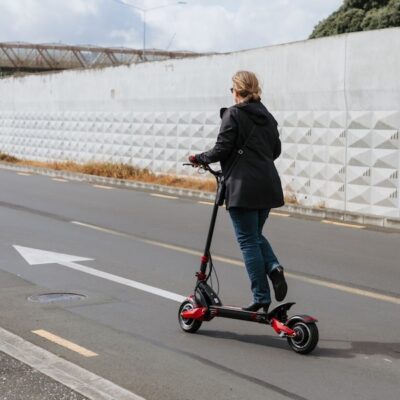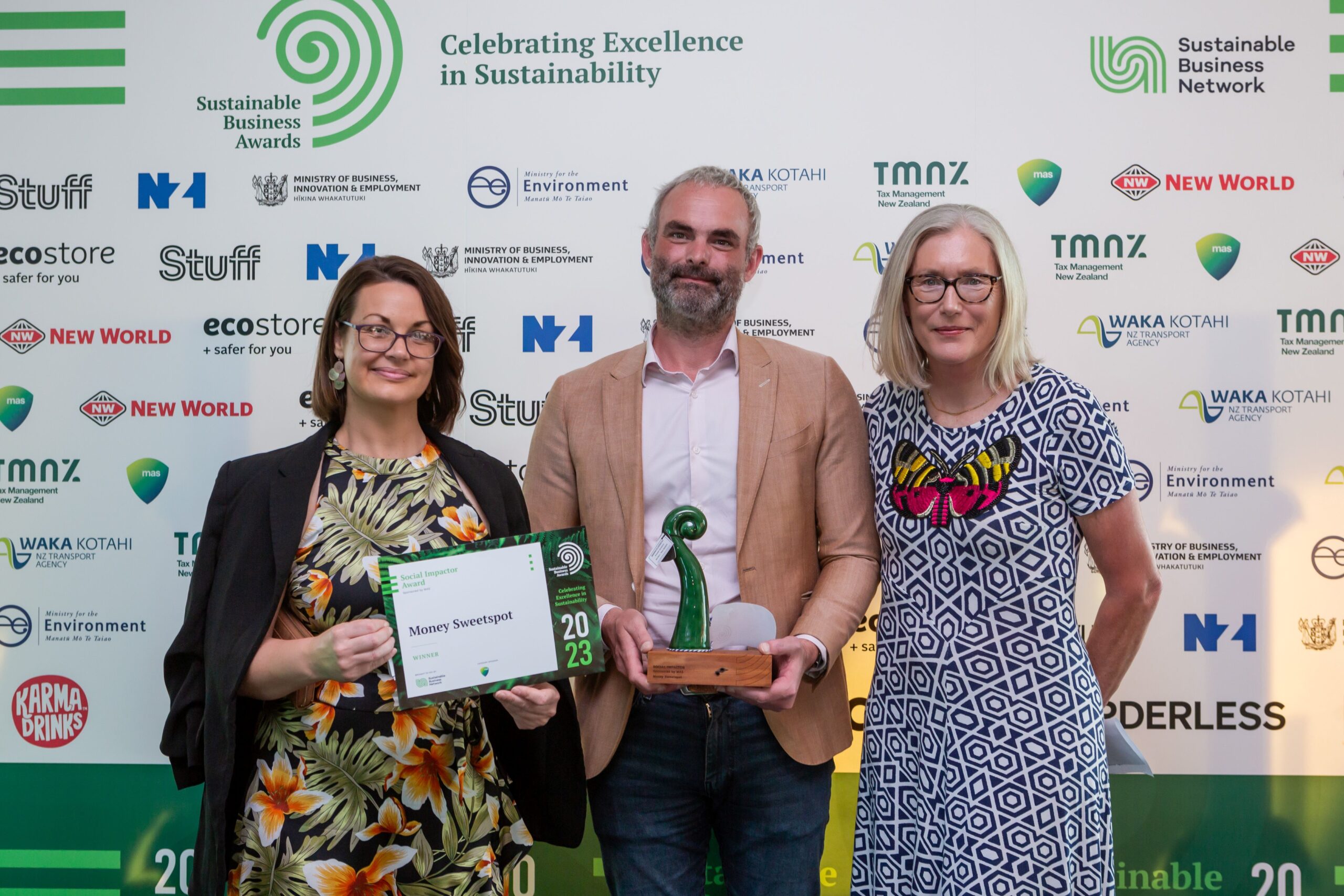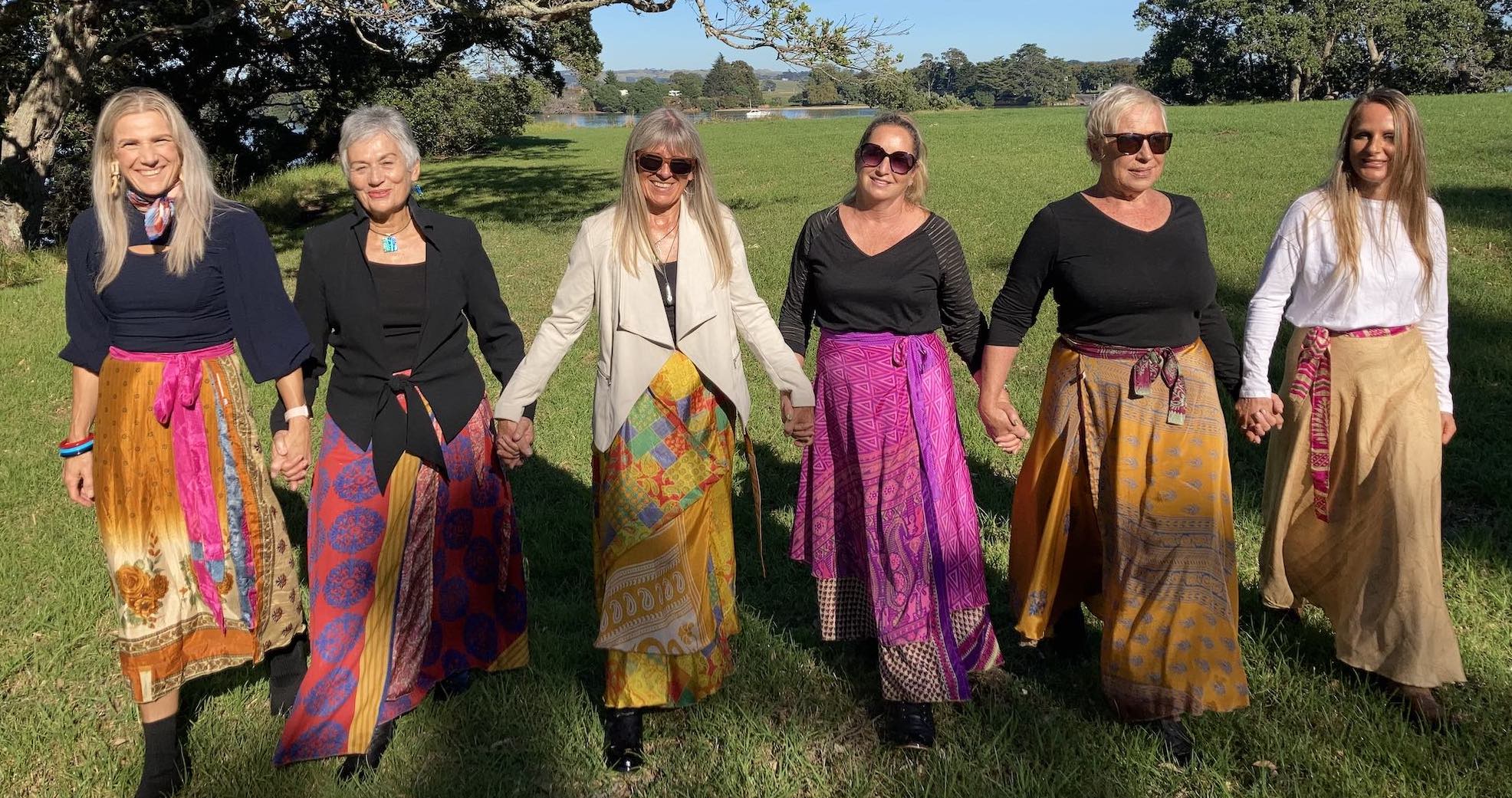The secret to climate action? Just start
Businesses that have deprioritised climate action due to economic concerns, are missing the win-win, according to business leaders already on their journey. New research from EECA, the agency that backs […]
Businesses that have deprioritised climate action due to economic concerns, are missing the win-win, according to business leaders already on their journey.
New research from EECA, the agency that backs Gen Less, has revealed three key things standing between businesses and climate action.
The latest insights from EECA’s Business Monitor has identified that even businesses who want to take climate actions can feel stuck. From the research the biggest barriers perceived are: cost, finding it too hard to start, and an overall lack of knowledge.
“Businesses are understandably distracted by economic concerns and other competing pressures right now. But our research shows that they are falling out of step with how Kiwis are feeling,” says EECA’s GM of Marketing and Communications, Jo Bye.
Only 55% of business leaders reported seeing climate change as an important/very important issue, compared to 71% of Kiwis.
“It’s not all grim, though – there are plenty of green shoots. For instance, 65% of business leaders still maintain that they can make a difference to climate change,” says Bye.
The research also highlighted businesses have admiration for others who take climate action, with 52% reporting they admire business leaders that prioritise actions to reduce climate change.
“It’s time that climate action is recognised for what it is – good for business,” says Bye.
Gen Less has gathered leaders from around New Zealand who are prioritising climate action and actively demonstrating the opportunities presented from reducing business reliance on fossil fuels.
“Saving costs, adding value, and meeting increasing customer demand for low carbon products are all ways businesses are benefiting future-proofing themselves for a low-emissions economy,” says Bye.
“They’re different sizes and sectors, and at different stages of their journeys, but they’ve all got valuable insights to share.”
The business leaders represent organisations including: Kiwibank, AWWA, Silver Fern Farms, Juliette Hogan, Waste Management, Mataura Valley Milk, and Forest Lodge Orchard.
Paul Chambers, Kiwibank CFO and COO says, “It’s always difficult to make that first move, but the important thing is to actually do something. Generally speaking, carbon is emitted on things that cost money. A good rule of thumb is that if you’re reducing [energy-related] emissions, you’re also saving money.”
Kiwibank has reduced its emissions over 60% in the last five years.
Mike Casey (pictured above), co-founder of Forest Lodge Orchard, which produces New Zealand Zero cherries, echoes the cost-saving benefits of reducing fossil fuel use – he uses electric tools, vehicles and other equipment on the farm.
“You save money, because energy is way cheaper, and you save on carbon. We make more revenue by offering the consumer something they’re demanding, which is climate action.”
As a well-established Kiwi fashion brand, Juliette Hogan says, “It was challenging to know where to start, but sustainability isn’t a ‘nice to have’ anymore, it’s an absolute must for business. For the first time, we measured our carbon emissions, which was a really informative process for us to go through.”
Kiwibank’s Paul Chambers says, “From a business perspective, it opens doors. I want to see more New Zealand businesses stepping out and making a difference in the world.”
The research also reflected that action is underway but there remains a clear information gap – 26% of business leaders report they’re prioritising climate action, while 35% want to, or want to in the future, but aren’t sure where to start.
“Having different businesses on their journey – big emitters, tiny operators, exporters, service businesses, those who are well advanced, or are just getting started – highlights there is no single pathway to low emissions,” says Bye.
“The journey will be different for everyone – it may have set-backs but keep moving forward, with an authentic end goal in mind and you will make valuable progress.”
The Gen Less ‘Future of Business’ campaign, has four key actions:
1. Take your next step at Gen Less.
2. Measure your business emissions.
3. Create an action plan.
4. Tap into co-funding and support.
Business is a significant carbon emitter, with responsibility for around 40% of New Zealand’s energy-related emissions.






